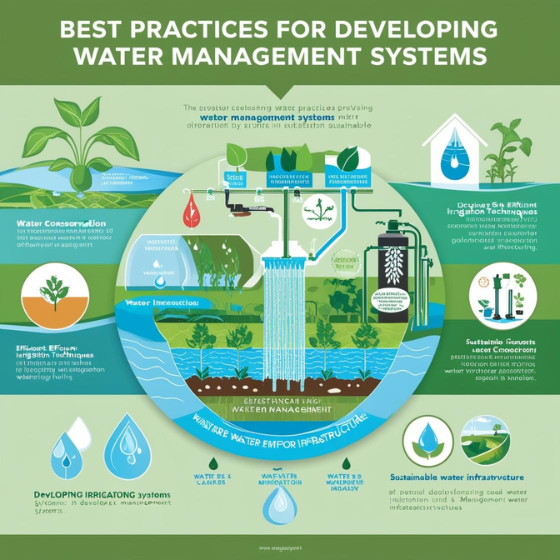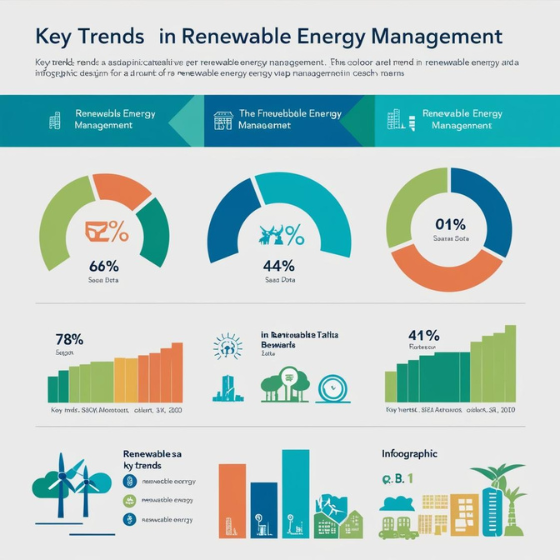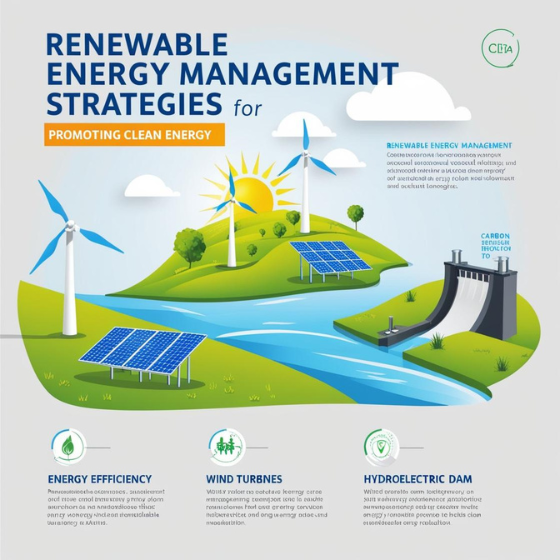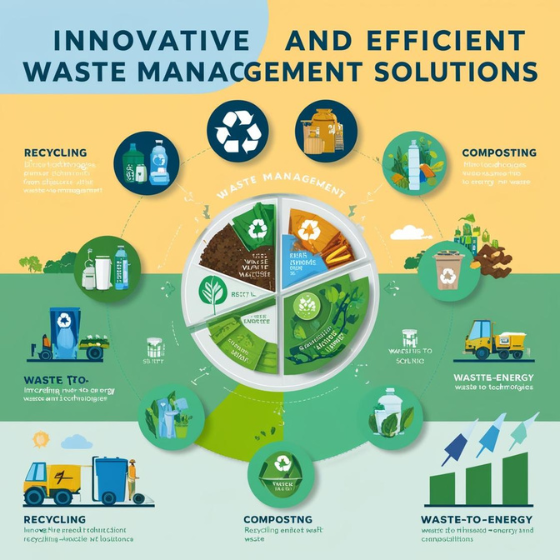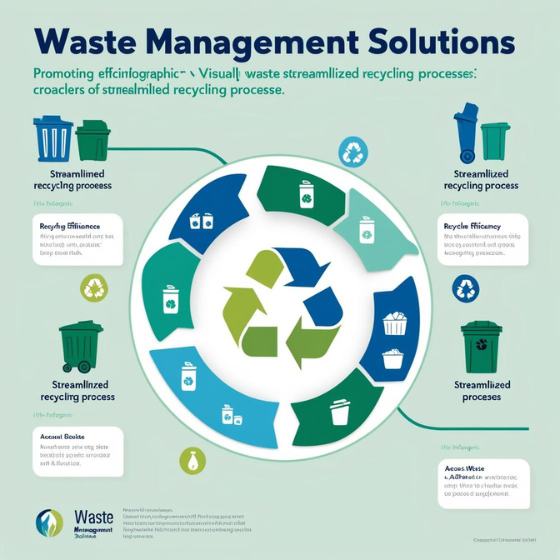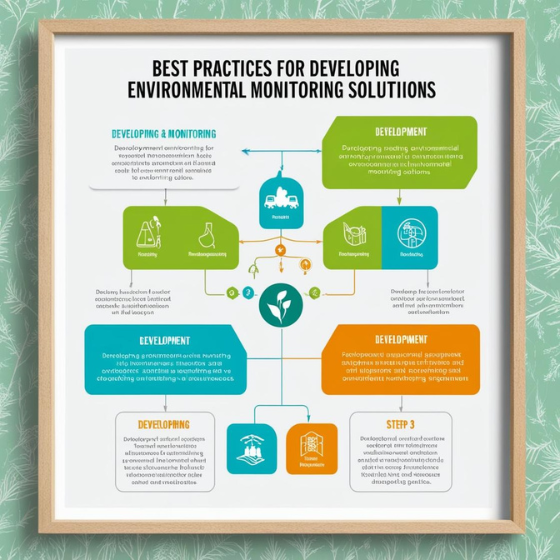Water Management Systems: Ensuring Efficient Use of Water
Water is one of the most critical resources on our planet. As the global population grows and environmental challenges intensify, the efficient management of water resources has never been more vital. From agricultural irrigation to urban water distribution, effective water management systems can help conserve water, ensure fair distribution, and enhance sustainability. In this blog, we’ll explore the importance of water management systems, the technologies shaping them, and the benefits they bring to both businesses and communities.
1. The Growing Need for Water Management
Water scarcity is becoming a major global issue. According to the United Nations, around 2 billion people live in countries experiencing high water stress. This makes effective water management more important than ever. By optimizing water usage, we can avoid wastage, reduce environmental impact, and ensure that future generations have access to this essential resource.
Why Water Management Matters:
- Sustainability: Proper water management ensures that water is available for future generations.
- Cost Efficiency: Reducing water waste lowers operational costs for businesses and municipalities.
- Environmental Protection: Efficient water use helps preserve ecosystems and natural resources.
- Resilience to Climate Change: Well-managed water systems can adapt to changing weather patterns, such as droughts and floods.
As water becomes increasingly scarce in many regions, businesses, governments, and individuals must adopt strategies for sustainable water use. A robust water management system ensures that this resource is used efficiently and fairly.
2. Key Components of Water Management Systems
Modern water management systems rely on a variety of technologies to improve efficiency, reduce waste, and enhance distribution. Let’s take a look at some of the essential components of a water management system.
1. Water Conservation Technologies
Advancements in water-saving technologies play a crucial role in efficient water management. These systems aim to reduce consumption while maintaining the required supply for different needs.
- Smart Irrigation: Sensors and weather data are used to optimize irrigation schedules, ensuring that crops receive the right amount of water at the right time.
- Low-Flow Fixtures: Installing low-flow faucets, showerheads, and toilets can significantly reduce water use in households and businesses.
- Water Recycling Systems: In urban areas, water can be treated and reused for non-potable purposes such as irrigation or industrial cooling.
These technologies are particularly important in sectors such as agriculture, where water use efficiency is crucial for sustainability.
2. Water Distribution Networks
Efficient water distribution is central to any water management system. These networks ensure that clean water is delivered where it’s needed, and wastewater is removed properly.
- Smart Water Meters: These devices provide real-time data on water consumption, helping utilities detect leaks, monitor usage, and optimize distribution.
- Pressure Management Systems: By controlling water pressure, these systems prevent pipe bursts and reduce water loss in distribution networks.
- Leak Detection Technology: Sensors and algorithms can identify leaks in the water distribution system, allowing for timely repairs and reducing water loss.
With better distribution networks, water suppliers can ensure consistent and equitable access to clean water for all users.
3. Smart Water Management Systems
The rise of digital technologies has enabled the development of “smart” water management systems. These systems use advanced data analytics, IoT (Internet of Things) devices, and AI to monitor water quality, usage, and infrastructure in real-time.
Key Features of Smart Water Systems:
- Real-Time Monitoring: Sensors collect data on water quality, flow rates, and consumption, allowing for immediate adjustments to ensure optimal performance.
- Predictive Analytics: AI and machine learning can forecast water demand, detect system faults, and predict maintenance needs.
- Automated Controls: Smart systems can automatically adjust water flow, pressure, and storage levels based on real-time data.
These innovations help optimize the overall efficiency of water management, allowing both urban and rural communities to make the most of their water resources.
4. Water Quality Monitoring
Ensuring the quality of water is a fundamental part of any water management system. Monitoring systems help track the purity and safety of water, protecting public health and ensuring that water meets regulatory standards.
Methods of Water Quality Monitoring:
- Online Water Quality Sensors: These sensors measure parameters such as pH, turbidity, dissolved oxygen, and contaminants in real-time.
- Mobile Water Testing Kits: These portable kits allow for on-site water testing, providing fast and accurate results for smaller systems or remote locations.
- Laboratory Testing: For more comprehensive analysis, water samples can be sent to laboratories for in-depth testing.
Effective water quality monitoring ensures that water remains safe to drink and use, preventing health risks related to contamination.
5. The Role of Water Management in Agriculture
Agriculture is one of the largest consumers of water, particularly in regions with dry climates. Implementing efficient water management systems in farming practices can help reduce water waste and increase crop yield, contributing to both environmental sustainability and food security.
Techniques for Efficient Agricultural Water Use:
- Drip Irrigation: This technique delivers water directly to the plant roots, reducing evaporation and runoff.
- Rainwater Harvesting: Collecting rainwater for irrigation reduces dependence on groundwater sources.
- Soil Moisture Sensors: These sensors help farmers monitor soil conditions and water crops more precisely.
By incorporating these technologies, farmers can achieve higher efficiency in water use, contributing to the overall sustainability of agricultural practices.
Conclusion
Water management systems are crucial for ensuring the sustainable use of water resources in today’s world. By integrating innovative technologies like smart meters, water recycling systems, and real-time monitoring tools, we can optimize water usage, reduce waste, and protect the environment. Efficient water management benefits not only businesses but also communities, helping to ensure that this valuable resource is available for future generations.
At Sodio, we offer cutting-edge solutions for water management, helping businesses and communities improve water efficiency, reduce costs, and meet sustainability goals. Whether you’re looking to optimize your agricultural irrigation or streamline your urban water distribution network, we have the expertise to help you succeed.
Contact Sodio to learn more about how our advanced water management solutions can help you optimize water use and enhance sustainability.

